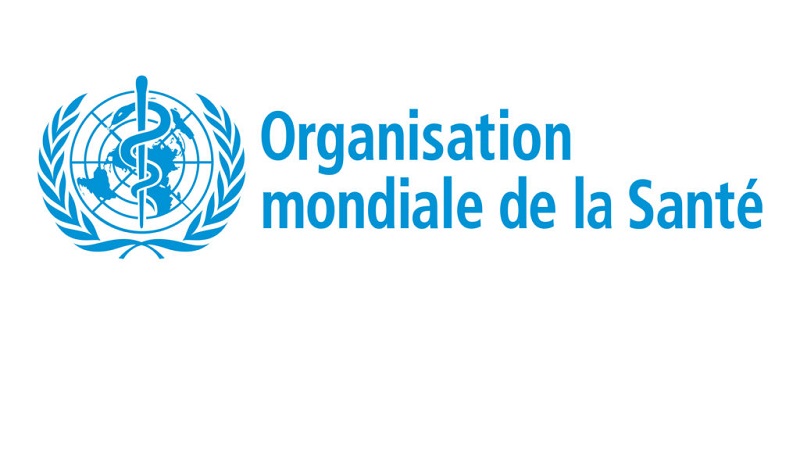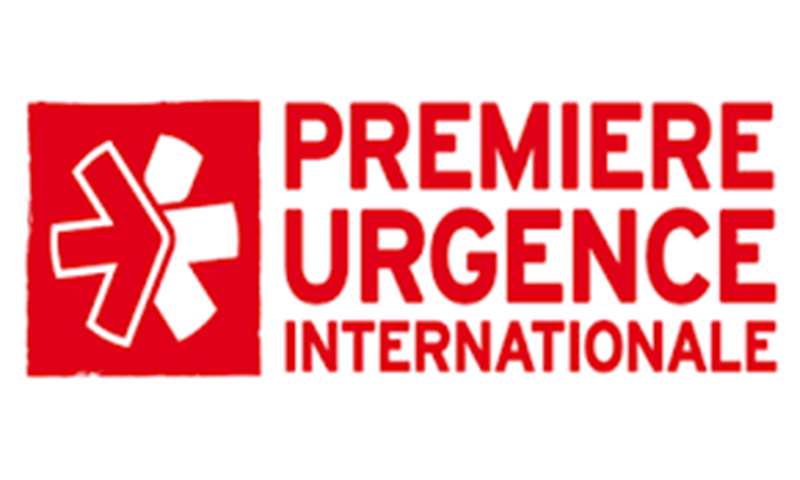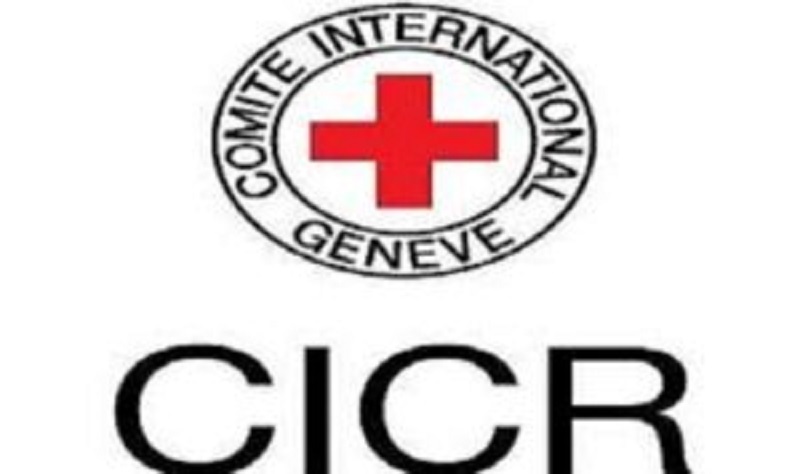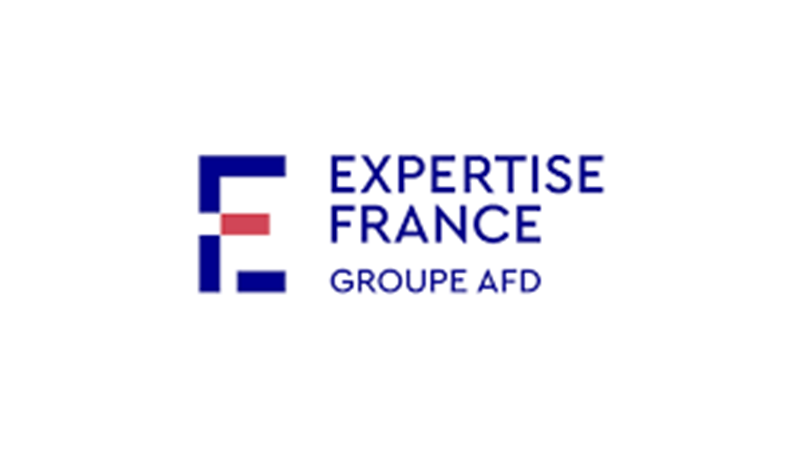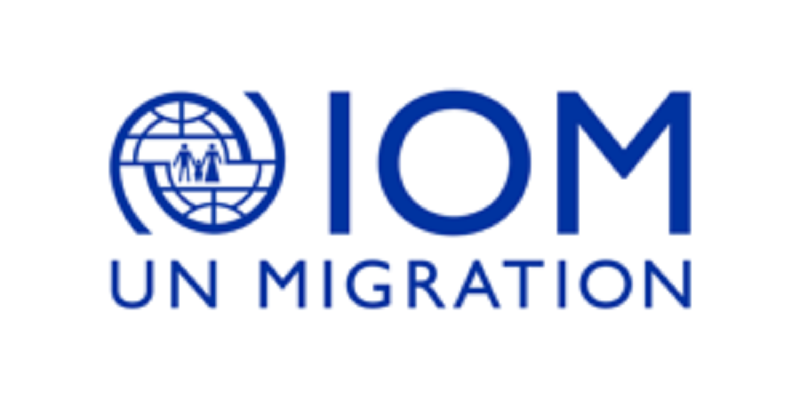L’équipe de pays est chargée de promouvoir la coopération technique, de susciter de l’intérêt et de coordonner l’aide au développement de la santé, en tenant compte des stratégies mondiales et régionales et des lignes directrices de l’OMS. Elle est également chargée de contribuer a la collecte, a l’analyse et a la diffusion des informations sur la santé.
POSTE 1
Assistant du Senior Management Office (SMO)
DESCRIPTION OF DUTIES
1. GENERAL Superviser et surveiller le flux d’informations du bureau du Representant; Analyser et identifier les domaines dans lesquels le Representant doit intervenir Assurer un suivi efficace et rapide des demandes d’informations, de briefings et d’autres actions emanant du bureau du Representanten liaison avec l’equipe du CSU et celle des programmes, le cas echeant ; Recevoir les visiteurs et les appels telephoniques avec tact et discretion, et agir en fonction de la nature et de l’urgence de chacun, y compris en les reorientant au besoin ; Fournir des informations generales pour les rendez-vous avec des visiteurs officiels et/ou des membres du personnel ; Maintenir l’ordre du jour et le calendrier du Representanten programmant des reunions et/ou en modifiant le calendrier en raison d’interruptions dues a des evenements imprevus; rediriger les visiteurs et les appels si necessaire ; Diffuser les informations sur les procedures administratives au personnel des services generaux de l’equipe du WR, du CSU et des programmes et aide le personnel a respecter les procedures administratives de l’OMS. 2. CORRESPONDANCE Rediger la correspondance generale ou administrative de sa propre initiative ou sur la base d’instructions, finaliser la correspondance/les rapports pour input de la hierarchie et signature/approbation; Verifier que les correspondances entrantes et sortantes sont presentees conformement au style de l’OMS et verifier la langue, la grammaire et la syntaxe avant de les soumettre a la signature et/ou a l’approbation du Representant. 3. GESTION DE L’INFORMATION Creer et/ou maintenir des systemes de classement en etroite collaboration avec d’autres membres du personnel, examen continu du systeme de classement pour s’assurer que l’information est a jour et est utilisee de facon efficace et efficiente ; Obtenir des documents et des informations provenant de sources internes et externes, selon les besoins ; Effectuer des recherches d’informations (bibliotheque, Internet) a la demande ; Coordonner la compilation des documents demandes et fournis par tout le personnel, afin de s’assurer qu’ils sont logiquement compiles, formates et assembles de maniere a faciliter le travail du Representant. 4. REUNIONS ET VOYAGES Organiser et coordonner les preparatifs administratifs pour les reunions, seminaires et ateliers, notamment : preparer les plans d’evenement dans le GSM, les lettres d’invitation, les devis et les demandes de deplacement, aider a la preparation des documents, envoi de materiel de liaison avec les participants et les autres personnes impliquees ; Gerer le calendrier des reunions du Representantavec les differentes equipes du bureau, selon les horaires et les besoins, rediger des proces-verbaux des reunions et assurer le suivi des points d’action pour assurer une reponse rapide aux demandes du WR et la preparation des proces-verbaux; Obtenir de l’ensemble du personnel des documents d’information et de base pour les reunions, seminaires, ateliers, etc., en verifiant leur disponibilite et en s’assurant qu’ils disposent des dossiers et des documents d’information appropries; Utiliser le GSM, preparer les demandes de voyage pour le voyage officiel du Representant et aider aux TC. Effectuer des reservations de vol et d’hotel, preparer des dossiers de voyage et traiter d’autres questions connexes a la demande ou de sa propre initiative. 5. AUTRES FONCTIONS Veiller a combler les besoins en fournitures de bureau du Representant; S’acquitter d’autres taches connexes selon les besoins ou les instructions du Representant. *
REQUIRED QUALIFICATIONS
Education
Essential: Diplome de fin d’etudes secondaires suivi d’une formation en secretariat ou administration du bureau et/ou en gestion.
Desirable: Diplome d’etudes de secretariat ou en administration de bureau ou en administration des affaires, ou dans des domaines connexes d’un etablissement reconnu.
Experience
Essential: Au moins huit (08) annees d’experience professionnelle progressive en tant qu’assistant dans un bureau executif dans une institution publique ou privee reconnue.
Desirable: Une experience a des postes d’appui administratif a l’OMS ou dans une autre institution des Nations Unies serait un atout. Une experience des systemes de planification des ressources institutionnelles (ERP) sur Oracle ou tout autre systeme de ce type serait un atout
Skills
Le ou la titulaire du poste fera montre de maitrise; actualisera ses connaissances sur l’utilisation de la bureautique moderne grace a des cours internes, a des formations en cours d’emploi ou a des activites d’autoformation. Il ou elle se tient au fait de l’evolution des procedures et des pratiques, des regles et des reglements, de la structure administrative du bureau pays, du groupe organique et de l’OMS, afin de pouvoir informer les autres membres et expliquer les procedures.
WHO Competencies
Teamwork
Respecting and promoting individual and cultural differences
Communication
Producing results
Ensuring the effective use of resources
Use of Language Skills
Essential: Expert knowledge of French.
Desirable: Intermediate knowledge of English.
REMUNERATION
WHO offers staff in the General Services category an attractive remuneration package, which for the above position includes an annual net base salary starting at XAF 10,404,000 (subject to mandatory deductions for pension contributions and health insurance, as applicable) and 30 days of annual leave.
ADDITIONAL INFORMATION
- This vacancy notice may be used to fill other similar positions at the same grade level
- Only candidates under serious consideration will be contacted.
- A written test may be used as a form of screening.
- In the event that your candidature is retained for an interview, you will be required to provide, in advance, a scanned copy of the degree(s)/diploma(s)/certificate(s) required for this position. WHO only considers higher educational qualifications obtained from an institution accredited/recognized in the World Higher Education Database (WHED), a list updated by the International Association of Universities (IAU)/United Nations Educational, Scientific and Cultural Organization (UNESCO). The list can be accessed through the link: http://www.whed.net/. Some professional certificates may not appear in the WHED and will require individual review.
- Any appointment/extension of appointment is subject to WHO Staff Regulations, Staff Rules and Manual.
- Staff members in other duty stations are encouraged to apply.
- For information on WHO’s operations please visit: http://www.who.int.
- WHO is committed to workforce diversity.
- WHO prides itself on a workforce that adheres to the highest ethical and professional standards and that is committed to put the WHO Values Charter into practice.
- WHO has zero tolerance towards sexual exploitation and abuse (SEA), sexual harassment and other types of abusive conduct (i.e., discrimination, abuse of authority and harassment). All members of the WHO workforce have a role to play in promoting a safe and respectful workplace and should report to WHO any actual or suspected cases of SEA, sexual harassment and other types of abusive conduct. To ensure that individuals with a substantiated history of SEA, sexual harassment or other types of abusive conduct are not hired by the Organization, WHO will conduct a background verification of final candidates.
- WHO has a smoke-free environment and does not recruit smokers or users of any form of tobacco.
- This post is subject to local recruitment and will be filled by persons recruited in the local commuting area of the duty station.
POSTE 2
Coordinateur pour la prestation de services différenciés en matière de VIH
Differentiated service delivery (DSD) describes how services may be adapted to reflect the clients’ needs and preferences, as well as reduce the burden of care for healthcare workers. Such adaptations may be made across the cascade of HIV care from testing to virological suppression, including the adaptation of services to specific populations. DSD reflects the preferences and expectations of the various sub-populations while reducing unnecessary burdens on the health system. This approach involves the thorough assessment of PLHIV to determine the needed level of care and matching them to appropriate services. DSD also offers less intensive and less frequent services that are more easily accessible for people living with HIV (PLHIV) who are clinically stable on antiretroviral therapy (ART), thus reducing the barriers to treatment and care. DSD also involves the offer of innovative and targeted testing approaches. It refocuses health system resources on those who require more intensive care and follow-up. Similarly, it includes offering more intensive care for clinically unstable people and/or who present with advanced HIV disease.
Introduction In 2016, the National AIDS/STI Control Programme (NACP) adopted the new World Health Organization (WHO) recommendations to treat all PLHIV with ART, regardless of immune status or clinical stage. Among the recommendations adopted is DSD for PLHIV to improve HIV service delivery and fast-tracking of the HIV response. In line with these guidelines, implementing partners applied various service delivery models at the health care facilities, which included: innovative and targeted testing approaches such as index client testing and HIV self-testing, shifting of ART initiation from doctors only to include trained nurses and increase in ART refills to 3- or 6-month prescription. Ghana developed a comprehensive DSD operational manual in 2017 and that has since guided a phased scale up of DSD in Ghana. In 2019 Global Fund grant resources were reprogrammed to support an HIV acceleration plan – DSD was the major underpinning principle of the acceleration plan. The implementation of the DSD based acceleration plan led to major gains and progress in the HIV programme for Ghana. However, much progress is still required as the country failed to achieve the 90-90-90 targets though on track to attain the 95-95-95 targets. The adoption and implementation of DSD is considered important for Ghana’s acceleration of progress towards the global goal of ending HIV by 2030. The Global Fund has launched a series of Strategic Initiatives (SI’s) to support catalytic technical assistance activities with a direct link to grant activities (operationalization/implementation) from 2021 to 2023. Based on WHO recommendations, one of these SI’s concentrates on differentiated service delivery for HIV testing, treatment and advanced HIV disease. The GF DSD SI implementation covers ten priority countries, including Ghana. The 3-levels of WHO (Headquarters, Regional Office and Country Office) support the GF DSD SI by providing technical oversight and quality assurance on policy, scale-up plans, performance, and accountability for results. The Ghana WHO Country Office (WCO) plays a vital role in engaging in the Global Fund grant processes as well as liaising with the MoH and other key stakeholders to adopt WHO DSD recommendations. In 2021 the three levels of WHO worked together to support key stakeholders to successfully roll out the DSD SI in Ghana. Three technical assistance providers are supporting the country in the development of tools for the scale up of DSD, quality improvement of DSD at health facility level and virtual interventions for HIVST and PrEP. WHO country office support for coordinating the work of the three TA providers and various country level stakeholders has been essential to ensure that the agreed deliverables are aligned to WHO recommendations national guidance and lead to improved health outcomes for the population. Considering the huge financial investments from the Global Fund, the importance of the successful implementation of the DSD SI and, workload associated to the coordination and technical assistance required, there is need for an additional human resource to focus on the coordination of the initiative at the country office.
Under the general coordination of the WHO Country Representative, the HIV/AIDS Technical Officer’s supervision, the DSD for HIV coordinator will work to accelerate and strengthen the implementation of the DSD SI and other DSD support according to WHO recommendations. The DSD for HIV coordinator will work closely with the National HIV Control Program as well as other national stakeholders and be based primarily at the offices of the program. Specifically, the WHO DSD for HIV Coordinator will support the national HIV implementors and DSD SI technical assistant (TA) providers (local and international) in the following: Objective 1: Coordinate the DSD SI and support overall DSD activities in Ghana
Objective 2: Conduct situational and ongoing data analysis, technical assistance, produce supporting materials and publications:
Objective 3: Provide technical support for the national scale up of Pre-exposure Prophylaxis (PrEP) and HIV Self-Testing (HIVST) in Ghana
Education Essential
Desirable
Experience Essential: At least 5 years of technical and programmatic experience working on HIV treatment and care in Ghana, experience on differentiated HIV treatment services and experience on HIV service delivery for underserved populations. Desirable: Expertise and experience providing technical support, and experience working with international organizations such as UN agencies, the Global Fund and other HIV actors, including the Ministry of Health and civil societies.
Skills
WHO Competencies
Use of Language Skills
REMUNERATION
|
|

